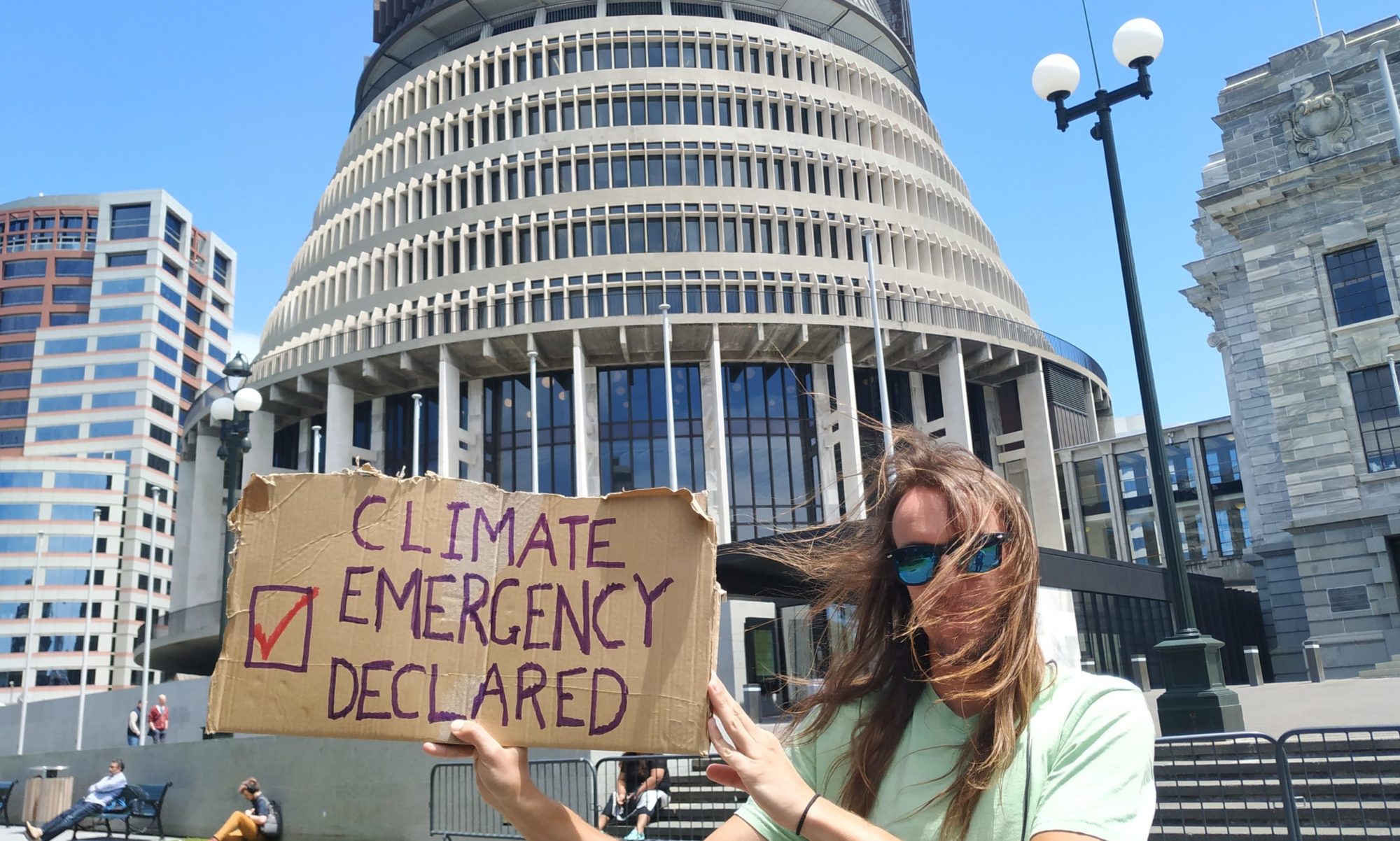FFF members went down to Motueka on 20 June to help Ollie Langridge with planting native trees. Ollie is one of the founding members of FFF Te Upoko o Te Ika, Wellington. Two years ago he bought 40 acres and he has put part of the land into QEII covenant to safe-guard it for perpetuity. Like many of us, he wants to do something to make a difference to heal the planet.
He is planting 3000 natives this planting season. Mollie Melhuish, Dolf van Asbeck and Francesca Pouwer helped plant over 600 trees in the 6 days that we were there. The total number of trees planted this season now tallies up to 2282!! Well on the way to the target of 3000. Ollie hopes to do this again next planting season. And we will be back. My partner Dolf and I, Francesca, were there in February as well to help repot seedlings. If you wish to volunteer send an email to ollie_langgridge@hotmail.com
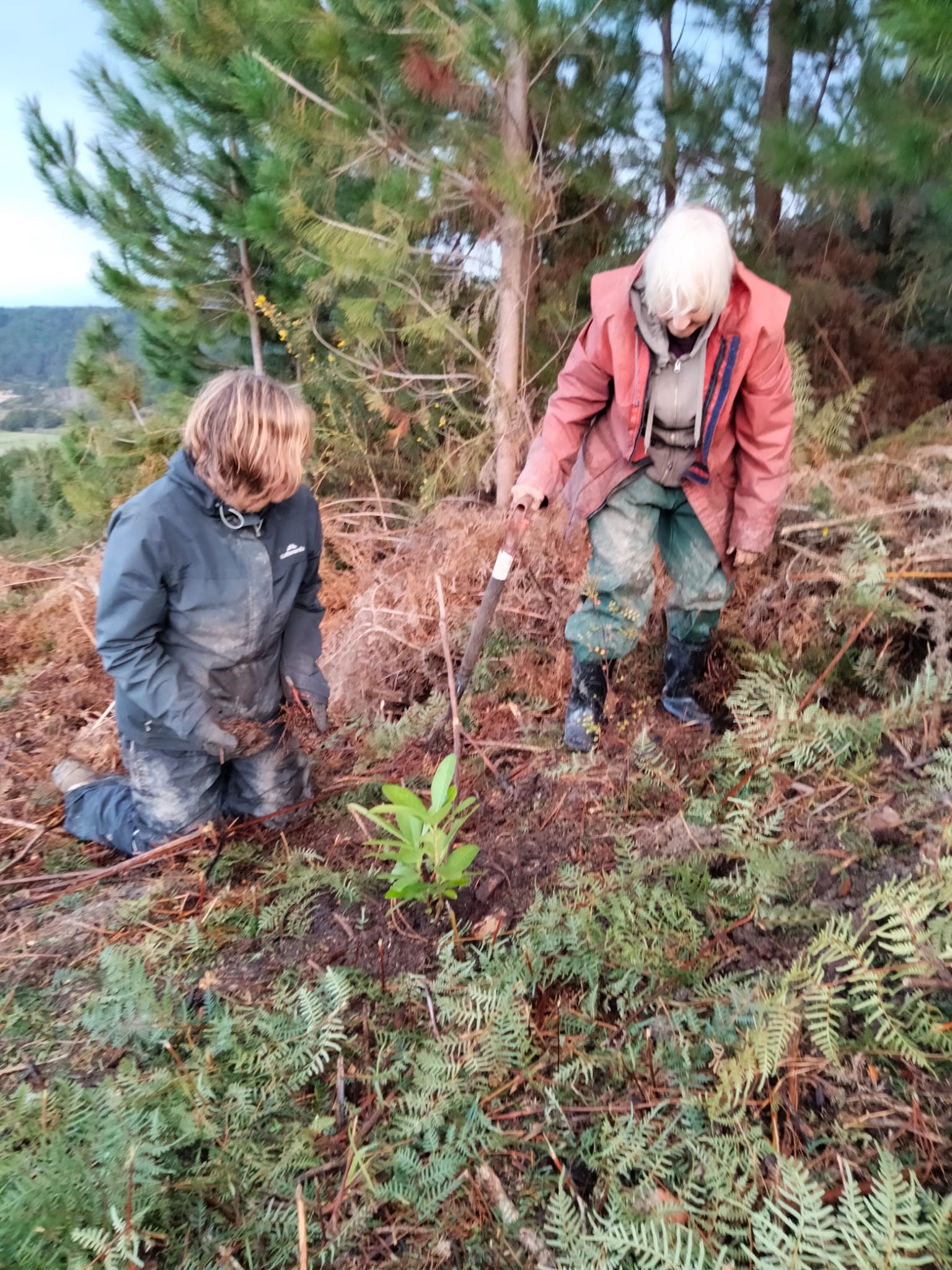
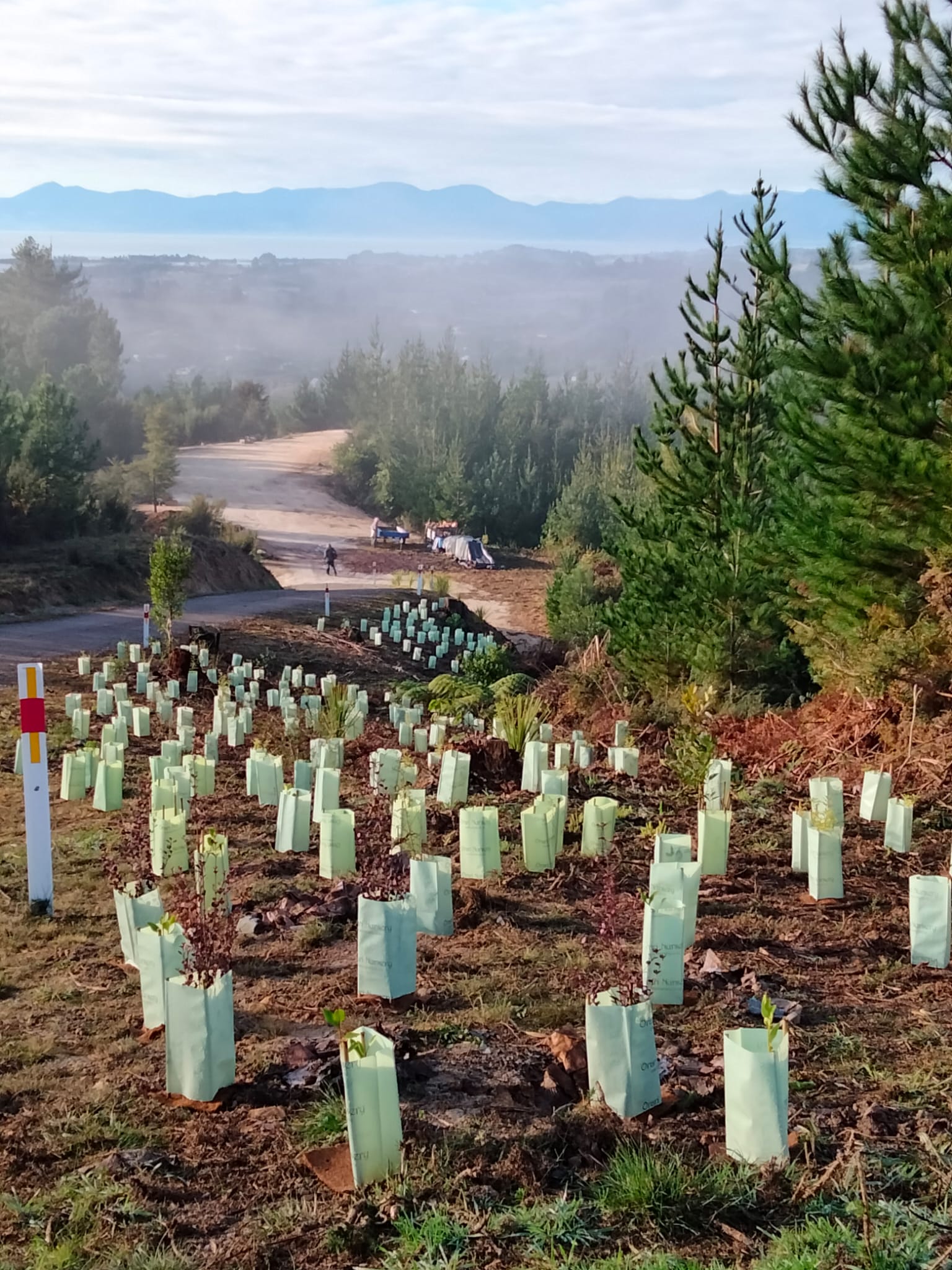
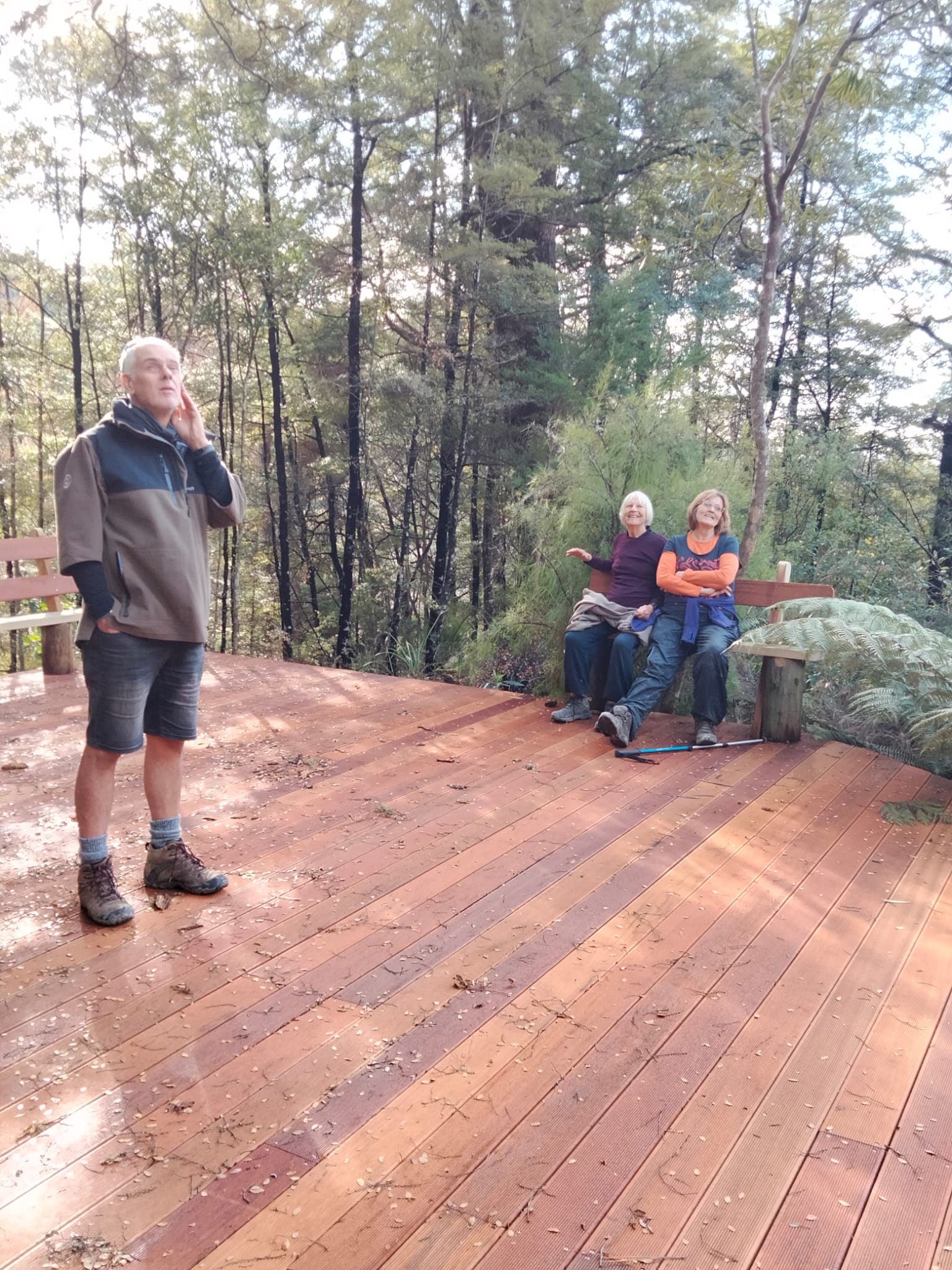
Planting native trees like Totara, Kauri, Miro and Rewarewa made us feel wholesome and at peace. It is so worthwhile to take positive action. It recharged our batteries and helps to keep us going to lobby corporations like Fonterra to make the change to sustainable methods of production.
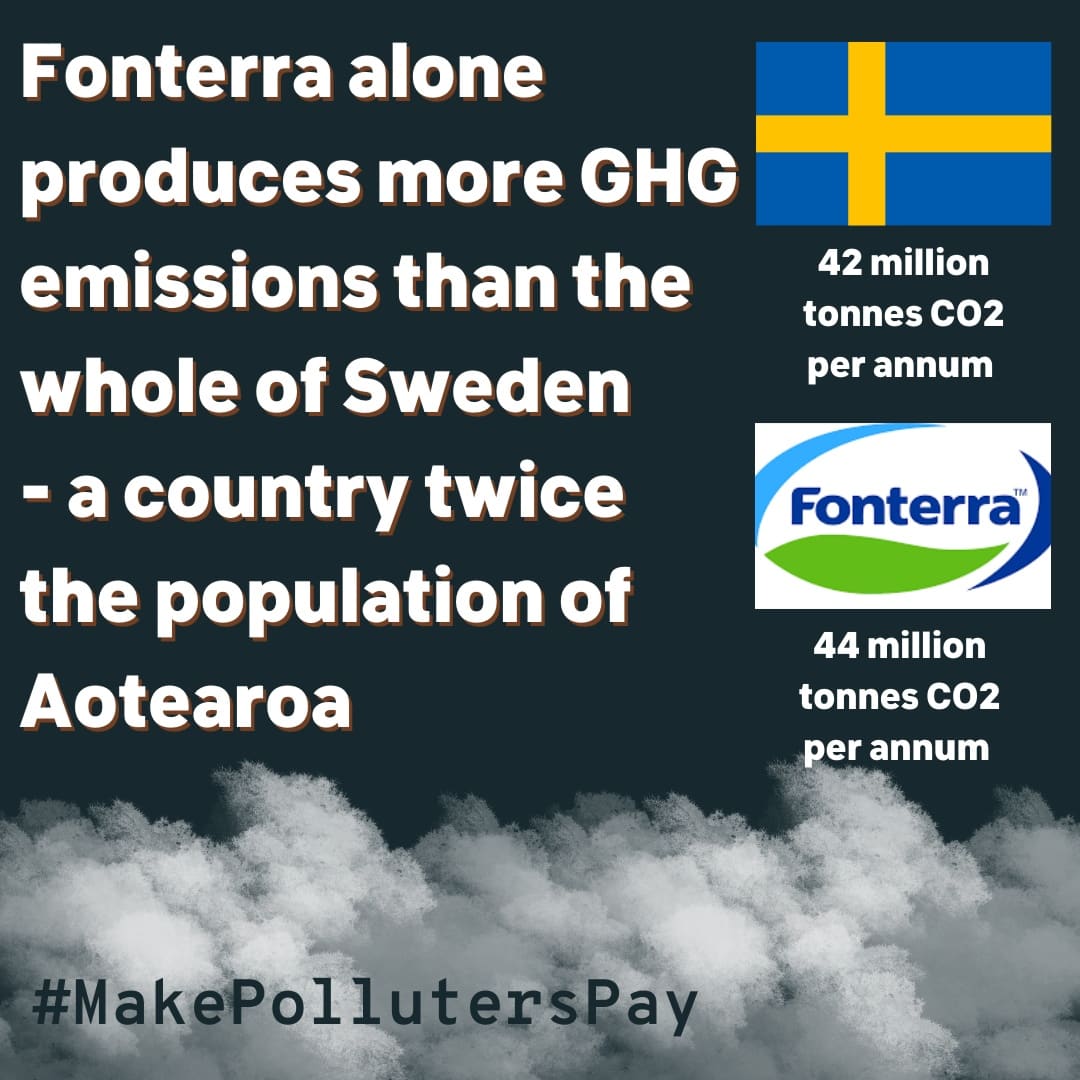
On the way back home, we stopped off at a micro forest near Nelson. It is the first tiny forest in New Zealand based on the Miyawaki method that prepares the soil and plants the 3 layers of locally sourced native species really closely together. On average the trees grow 10 x faster than is normal for reforestation and it very quickly enhances biodiversity. By having these in urban spaces we stimulate rewilding, improve our air quality, cool our cities and we grow environmental awareness to stand up for what we stand on. In the Netherlands this method has really taken of and it involves school children to help plant them. There are now 200 tiny forests across the Netherlands.
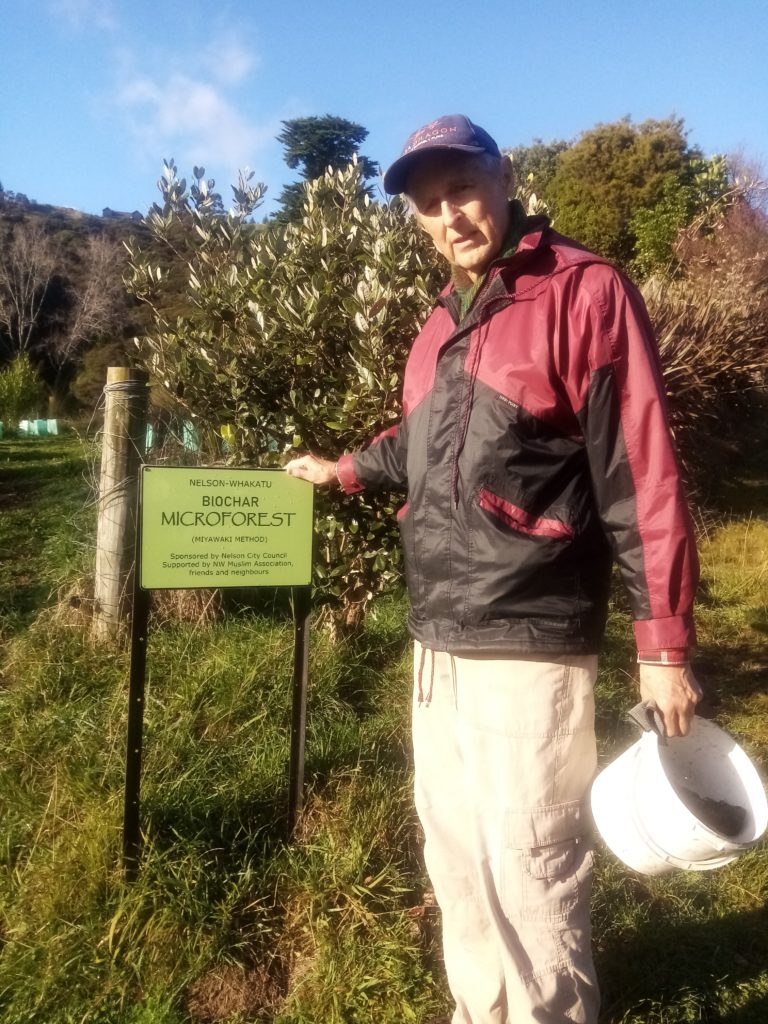
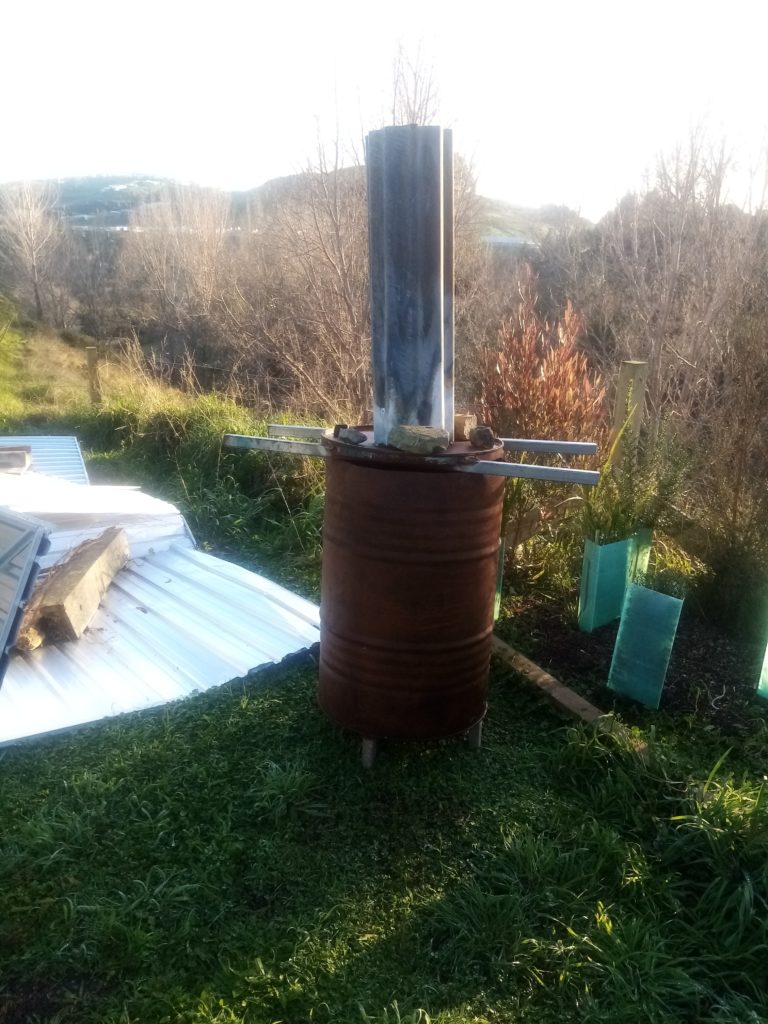
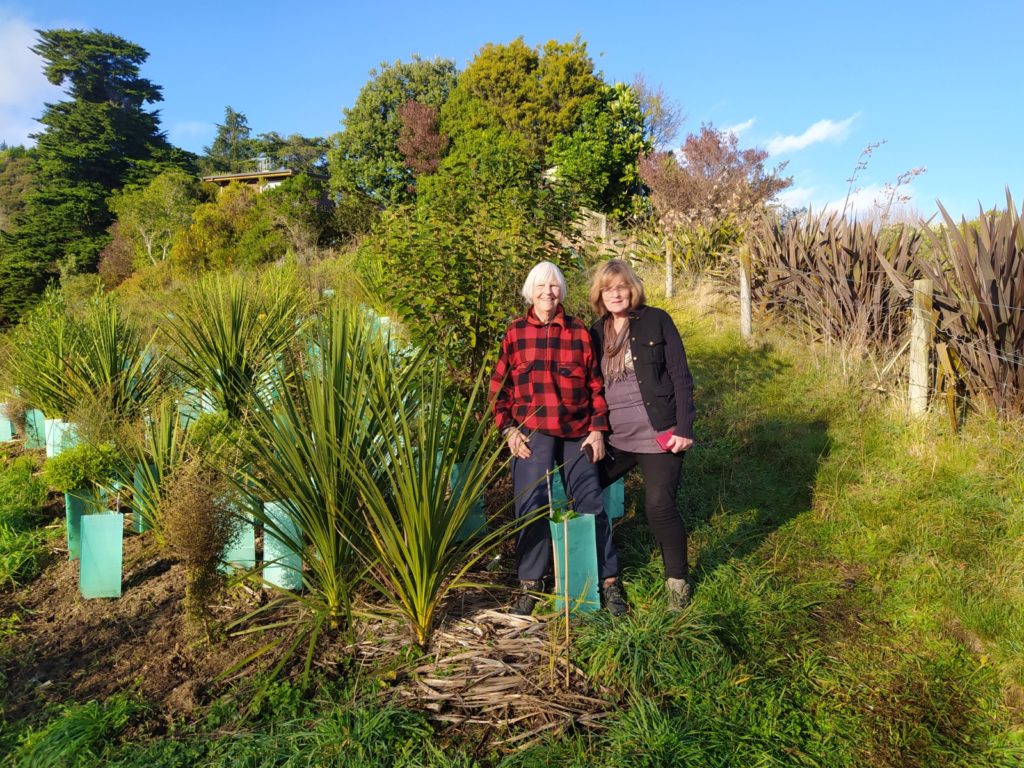
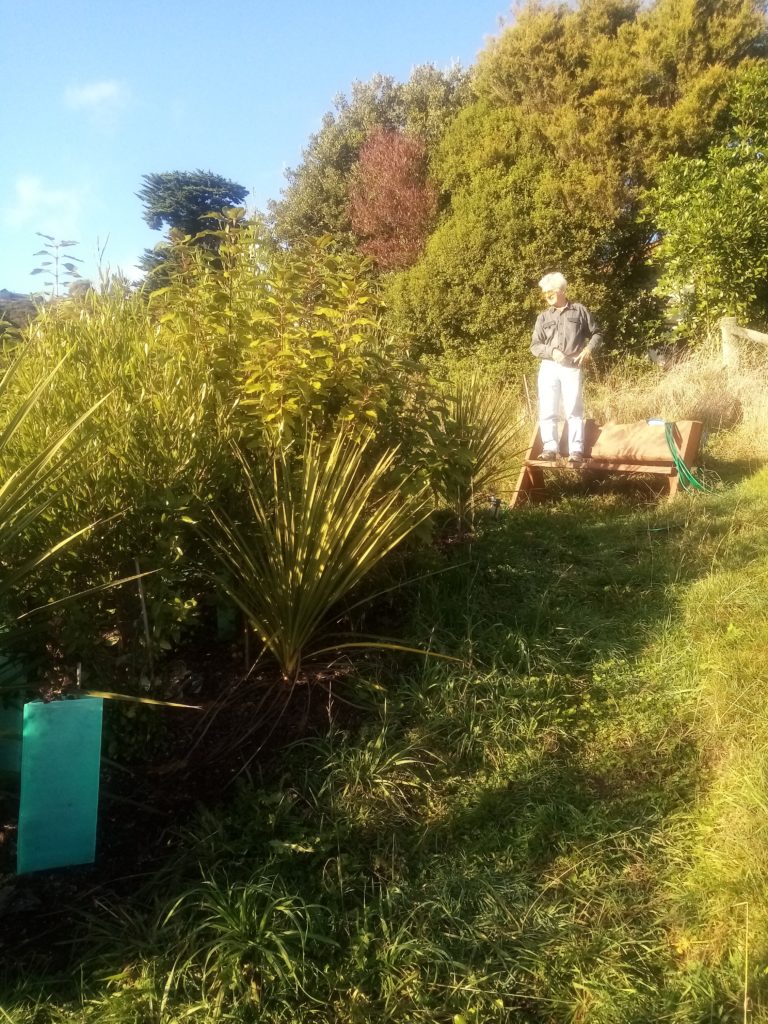
The trees you see were planted in April last year and some are as high as 2 metres. As it happens, the land owner next door planted at the same time and you can see in the picture belowthe plants are barely above the planting sleeves.
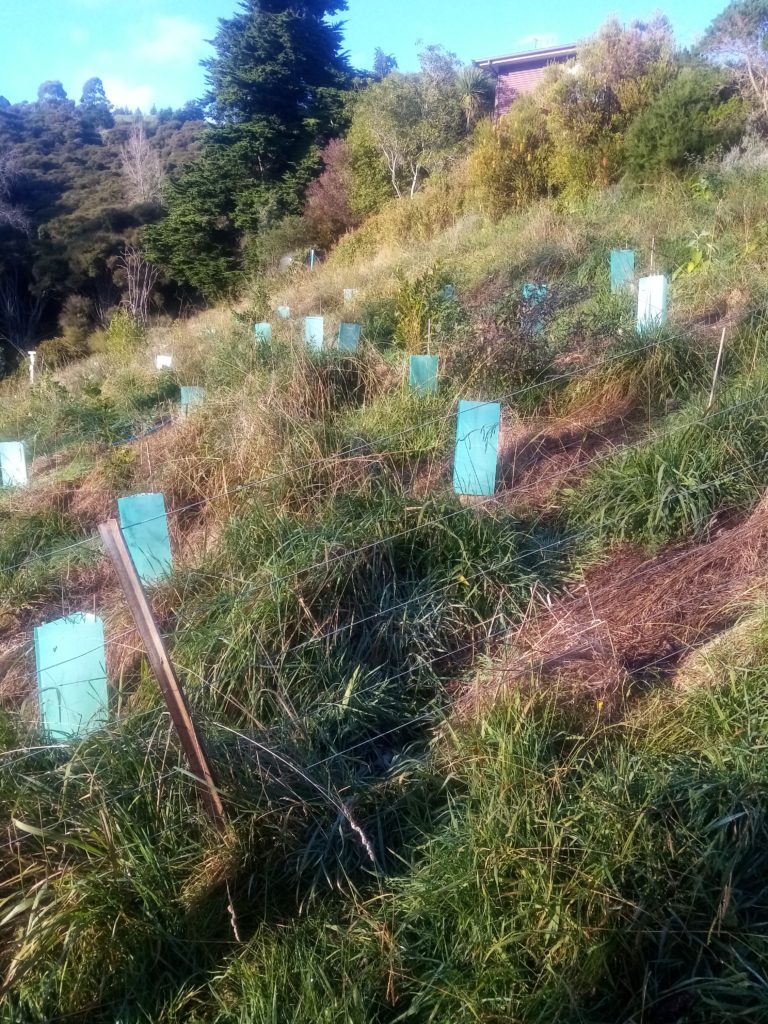
We were most excited to see the results for ourselves.
Molly and I would like to start up micro forest in urban environments involving school students and local iwi as part of our FFF action to combat climate change and take positive action.
It has been a wonderful week and we came back inspired.
Francesca Pouwer and Molly Melhuish
